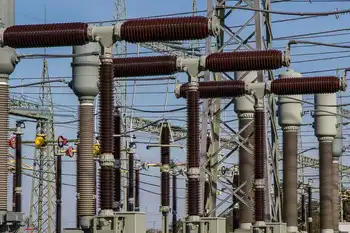First Solar wins reprieve in toxic substance ban
EUROPEAN UNION - EU lawmakers voted to exempt solar panels from a ban on toxic substances in electrical goods, enabling leading maker First Solar to keep selling its products in the industry's biggest market.
The revised European Union law bans the use of six hazardous substances in electrical and electronic equipment, including cadmium, which is used by U.S.-based First Solar — the world's No. 1 solar company by market share — in its panels.
"Photovoltaic solar panels, fixed industrial machinery and military material are among equipment that will remain outside the rules," the European Parliament said in a statement following the vote.
The decision marks the latest step in an industry row over the use of cadmium telluride CdTe — which goes into First Solar's panels — as there are concerns about its eco friendliness as well as its safe disposal.
First Solar uses CdTe as a key raw material, whereas traditional solar companies, such as Germany's SolarWorld, use polysilicon. CdTe has a 10-15 percent cost advantage over the more widely used silicon, but tellurium, a tin-colored component of CdTe and a byproduct of the copper industry, is not widely available.
"Customers will now have to decide whether they want Cadmium on their roof or sustainably manufactured solar modules," SolarWorld spokesman Milan Nitzschke. First Solar said the company already has in place a return and recycling program.
Related News

Ontario's EV Jobs Boom
ONTARIO - The electric vehicle (EV) revolution is gaining momentum in Canada, with Honda Canada announcing a historic $15 billion investment to establish the country's first comprehensive EV supply chain in Ontario. This ambitious project promises to create thousands of new jobs, solidify Canada's position in the EV market, and significantly reduce greenhouse gas emissions.
Honda's Electrifying Vision
The centerpiece of this initiative is a brand-new, world-class electric vehicle assembly plant in Alliston, Ontario. This will be Honda's first dedicated EV assembly plant globally, marking a significant shift towards a more sustainable future. Additionally, a standalone battery manufacturing plant will…




